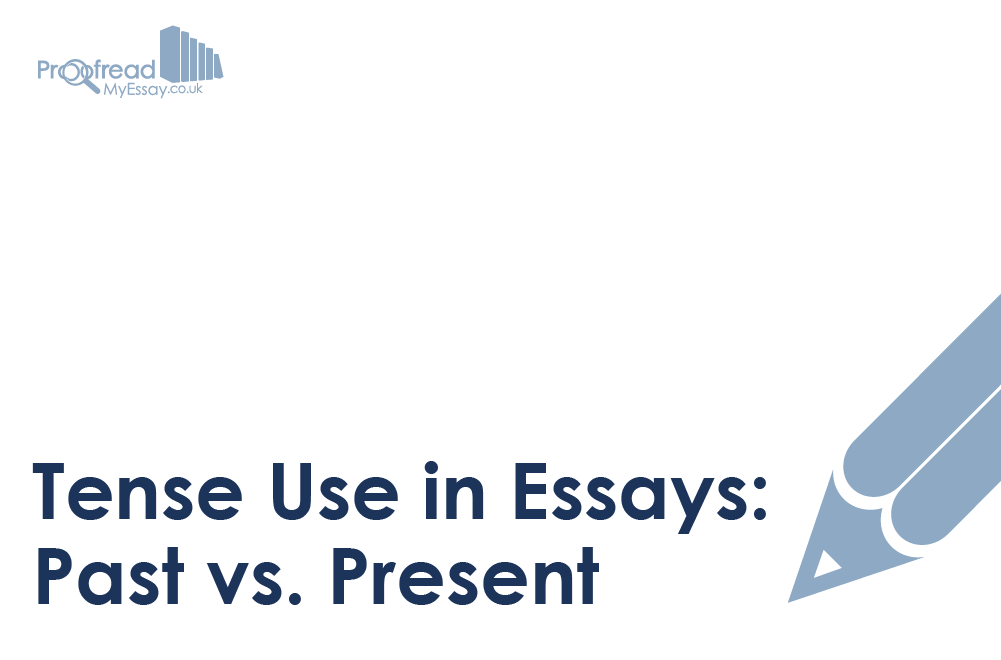It’s mostly time travellers who worry about the more convoluted aspects of grammatical tense, but the issue of tense use in academic writing is, nonetheless, controversial.
To be specific, there is much disagreement about tense use in essays: specifically, is past or present tense best? Today, we look into this tricky problem.
Present Tense
The present tense is used when discussing current events or states. It will often be the dominant tense used in academic writing due to the number of situations to which it applies:
- Stating general principles or theories (e.g. ‘The third law of thermodynamics states…’)
- Describing a fact (e.g. ‘Catalysts increase the rate of a reaction…’)
- Expressing an opinion or making a claim (e.g. ‘I believe further research is required…’)
- Analysing the results of an experiment (e.g. ‘The results show that…’)
In all these cases, the present tense shows that something applies at the current time or emphasises its relevance to the present.
The present tense can also do this in a literature review, since it frames research in terms of its current significance. This shows that you’re engaged with ongoing debate in your field of study, not simply describing out-of-date research.
Past Tense
The past tense is used when describing events that have already happened. In academic writing, this could be writing up a completed experiment.
Find this useful?
Subscribe to our newsletter and get writing tips from our editors straight to your inbox.
For example, the past tense can be used in methodology and results sections. Likewise, the past tense is useful when writing a case study, since this is almost always about something that has already occurred.
While you can use the past tense in a literature review, saying that someone ‘believed’ something may imply that they changed their mind. As such, the past tense can be used for discussing ‘dead’ ideas (i.e. things that no-one holds true any more) or something that someone has since disavowed.
Future Tense
The future tense is useful for discussing things that are yet to happen, such as when we commit to doing something (e.g. ‘I will continue to research this issue’).
Generally, you won’t need to do this too often in academic writing. However, the future tense can be useful in the following situations:
- Making predictions about the future
- Offering recommendations based on your results
- Suggesting new avenues of research
In all these cases, the future tense will help you express yourself more clearly.
